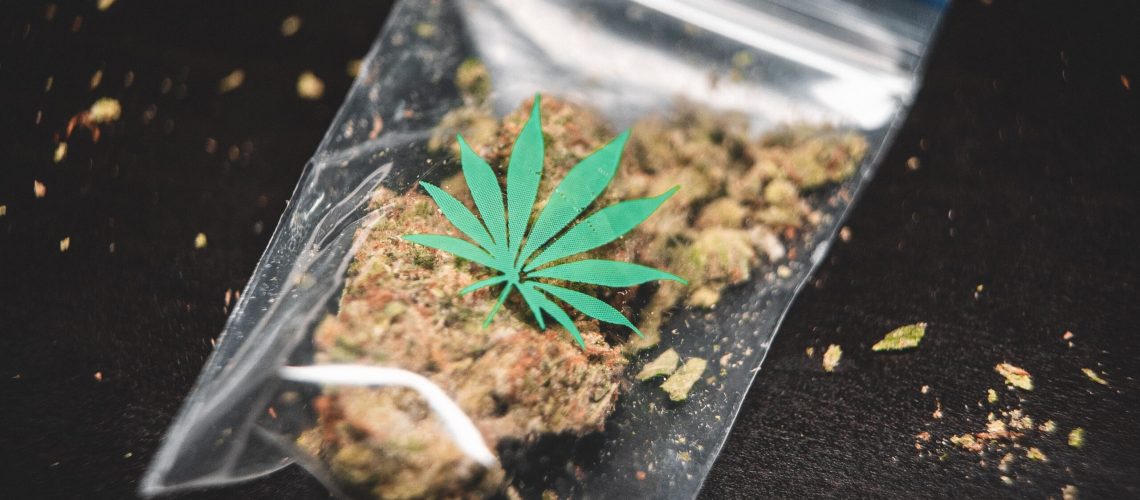Legalization of Marijuana – Status in Georgia
Update March 22nd, 2022: Some information found in this article may be old. As the law continuously changes we strive to provide up-to-date information. Check out our latest article on Delta-8 in Georgia by clicking here.
Governor Kemp signed the “Hemp Farming Act” into law in May 2019. This legislation made it legal – under certain conditions – to grow and sale hemp. Since the bill went into effect, the prosecution of marijuana cases has become difficult to say the least. There are many counties in Georgia that elected to stop prosecuting misdemeanor marijuana cases and to dismiss their current cases.
WHAT’S THE DIFFERENCE?
While hemp and marijuana both come from the same species of plant (cannabis sativa), there are major ways in which they differ. The biggest difference is the amount of tetrahydrocannabinol (THC) found in both. THC is the psychoactive component that gives one the “high” feeling. Hemp is defined federally as any cannabis plant that has 0.3 percent or less of THC, and therefore, marijuana is any cannabis plant that has a THC level greater than 0.3 percent. Thus, the main difference between legal hemp and illegal marijuana is the amount of THC in the substance.
WHY ARE PROSECUTORS DISMISSING?
Many state courts which handle only misdemeanor cases in Georgia are deciding not to prosecute misdemeanor marijuana cases – Gwinnett, Cobb, Athens-Clarke, and Dekalb to name a few. The problem that courts are having is not being able to determine the amount of THC in order to conclude if the substance is legal hemp or illegal marijuana. One of the leading counties on this front is Gwinnett County. Solicitor Brian Whiteside announced that Gwinnett County would no longer prosecute marijuana cases that happened after May 10, 2019. In fact, Gwinnett’s Solicitor’s Office has already dismissed over one hundred cases.
Each county is handling the predicament differently, but there is a trend in deciding not to prosecute and to dismiss the case until alternative testing equipment can be put in place that will test for THC concentration.
NEED LEGAL ADVICE?
If you believe that you are eligible for first offender treatment, or if you have any questions regarding first offender, the seasoned team at Arora Law have the experience and skills to advise you on this and all other serious legal matters. Contact us so we can help.










